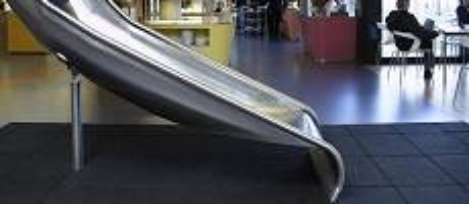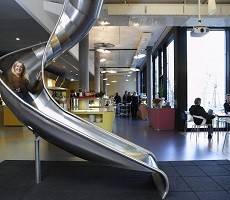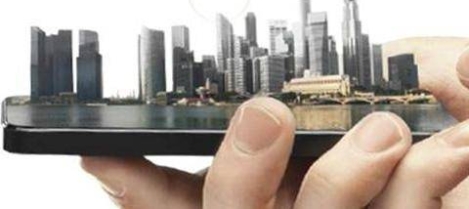May 17, 2016
London’s central office market peak driving change for other zones 0
There are plenty of good reasons to believe that London’s Central office market has hit its peak. Rents are at an all-time high in the majority of core office locations and whilst the start of 2016 has seen rents rise, there is certainly a clear steadying of the pace. According to our own data, the Landlord’s quoted rents for offices across the entire Central London market. Core offices such as Mayfair and St James’s have reached levels of £150 per square foot (pfs) in Q1 2016 compared with £120 per square foot in Q1 2015 a rise of 25 percent in 12 months. That does sound excessive, until this is compared with the rises seen East of the city in so called ‘fringe markets’ of Clerkenwell, Old Street and Shoreditch. Here the rents have become eye watering. In Q1 2015, the prime quoting rent in Shoreditch had reached £55 psf. In Q1 2016, this number had reached £75 psf highlighting an increase in 12 months of over 35 percent.
































May 18, 2016
What the imminent arrival of driverless vehicles will mean for the way we work 0
by Mark Eltringham • Cities, Comment, Flexible working, Technology
(more…)